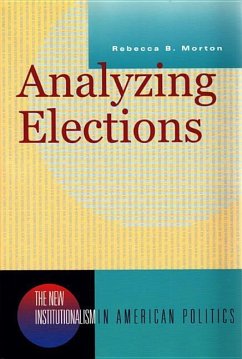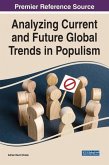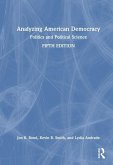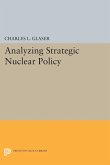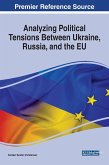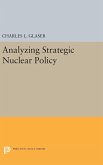It begins by examining the roles of the basic actors in elections-voters, candidates, parties and interest groups-and the institutional process through which the actors move. The analytical techniques presented in the first part of the book are then applied to questions about the effects of money and the mass media on electoral outcomes, the extent to which elections can control errant officials, and the problems of measuring public opinion and preferences. Special attention is devoted to the unique issues involved in the congressional redistricting as well as presidential primaries and the Electoral College. The analysis is extended to consider the roles played my minor party and independent candidates and the problems minorities face in achieving representation in the American electoral process.

